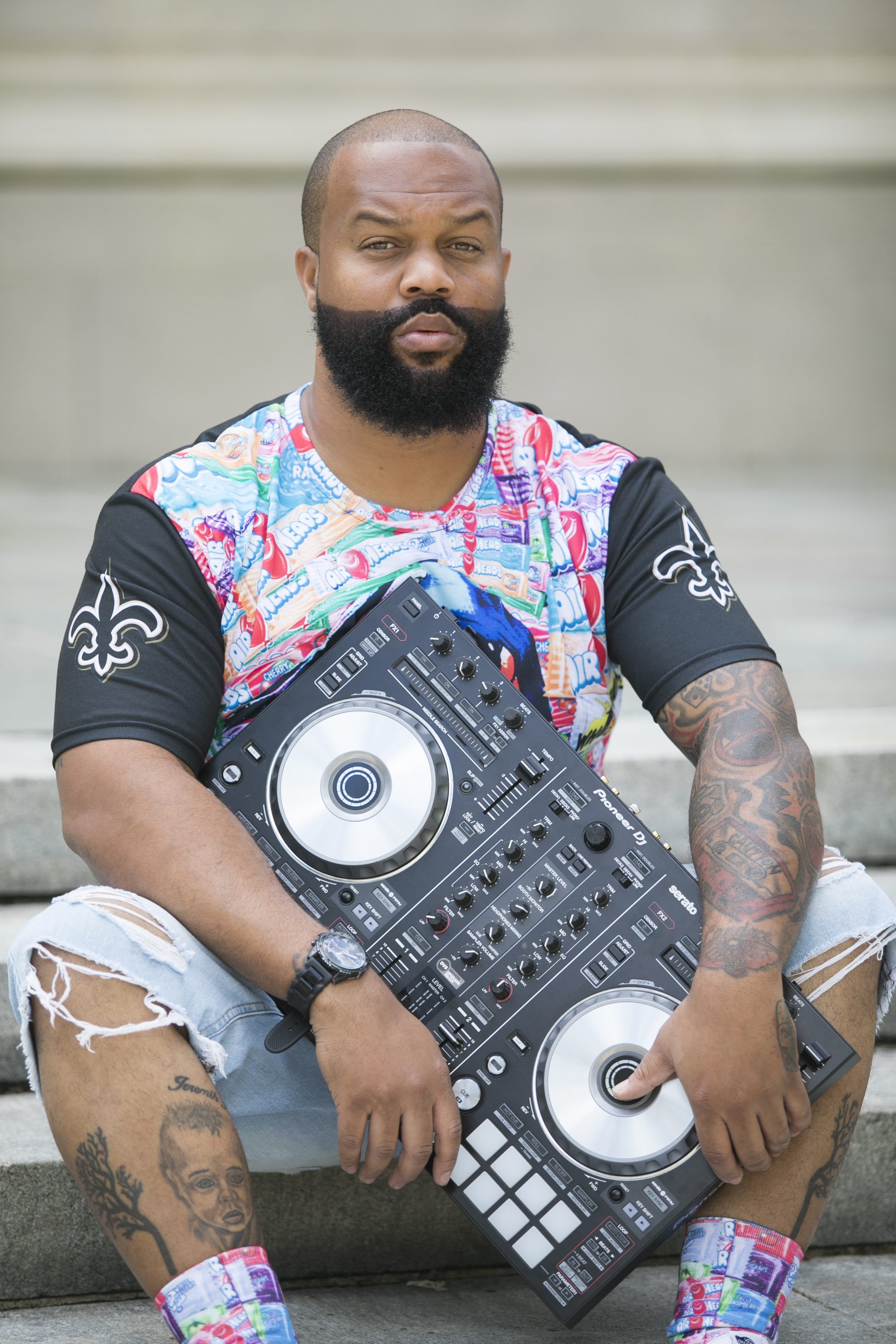Esma Orgeron
July 2, 2007
NSU business college dean elected to state CPA board
July 4, 2007I’m now writing in these pages about my first and finest love, music. It’s been a constant through the years, a companion, a booster, a consoler, a commiserator, a friend.
But to even try to share these felt emotions via the written word is to tilt at windmills or engage in the other lunacies mentioned in the title above. Music writing is inherently doomed. It’s easily ridiculed – pretentious, cliched, ineffective – and that’s the good stuff.
But we are still compelled to share our joys and disappointments, or at least some of us are.
I only aim at that modest goal – to share, and to try to do so in an interesting (or, more modestly, non-boring) way. If you want to know about the latest Beyonce or Maroon 5 record before deciding to buy it, or to compare opinions, no luck here. No, I’ll try and stay on the road less sampled, with occasional detours onto main street. I’ll also concentrate on the records that give joy, since who needs to know about obscurities that suck?
‘The Voice’ touches the soul with ‘We’ll Never Turn Back’
Mavis Staples, a/k/a “The Voice”, is a full-throated soul singer who’s been singing for the Lord for most of the last few decades. Her work with her family in the Staples Singers (“I’ll Take You There”) was pure gold.
She’s recently made some secular records that still are shot through with grace.
Her latest, “We’ll Never Turn Back,” is a deeply delivered and felt look back at the civil rights struggle, with stern reminders of present-day problems. It’s produced by Ry Cooder in the spare and sometimes overly-respectful way that’s his trademark (recall the Buena Vista Social Club).
He recruited the South African group Ladysmith Black Mambazo and the Student Nonviolent Coordinating Community (the “SNCC Freedom Singers”) to sing with and behind Staples, and they help raise the goose-bump quotient.
Cooder (on slide and resonator guitar) and his percussionist son, Joaquim, along with the legendary Jim Keltner on drums provide an inobtrusive but solid backing.
The songs are vintage for the most part, written around the ’60s, but relevance to today is evident if only implied. Implied, that is, until the show-stopper “With My Own Eyes,” a song co-written by the singer.
Here the first-person narrative makes for immediate impact, and when she lowers her majestic voice to talk about Katrina you’d have to be mummified not to feel the righteous indignity. The record is not about victimhood and self-pity, however. The power in her words and delivery just won’t let that happen.
Standout cuts are “This Little Light of Mine” and “99 and 1/2 (Won’t Do)” and two songs about Mississippi. The closing “Jesus on the Mainline” takes it back to church, although the journey just made makes it clear that supplication to the Lord is not the only response to injustice, just the last.
‘Country Ghetto’ scores for J.J. Grey and Mofro
J.J. Grey and Mofro mostly hail from Florida (Jacksonville). They put out two fine albums under just the “Mofro” brand name, but Grey has justifiably merited top billing – he writes, sings and plays guitar on all the songs.
Their new CD, “Country Ghetto” tightens up the arrangements and message of the band.
While having some notoriety on the jam band circuit, these guys harken back to the day when this kind of greasy white soul could find a spot on the radio.
Grey likes the ladies, and you can tell he’s still in it, at least partially, to get some action (see “By My Side” and “A Woman”). But he also wants to make statements like the title cut, where he takes up for the less economically advantaged and the environment.
This is not a mopey protest record, not to worry. No, it’s a head-bobbing, leg-can’t-stop, belly-rubbing delight. The southern soul and rock references are clear and impressive: Otis Redding, Free, Credence and the Black Crowes.
Production and engineering is raw; more than once I was reminded of the eight-track Craig PowerPlay pumping out the sound in my Mercury Comet (’70s reference, sorry).
Grey and his mates were a revelation at this year’s Jazz Fest, playing at an early spot not usually filled with their top-drawer output. They were clearly tickled to be there, and the ever-growing crowd was feeling the same.








